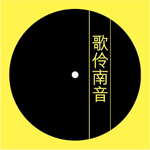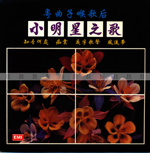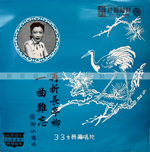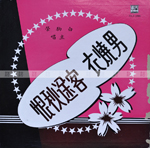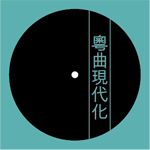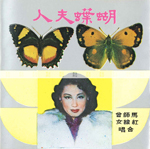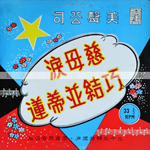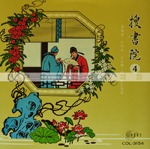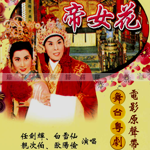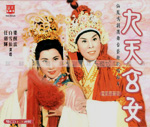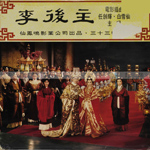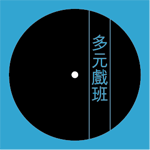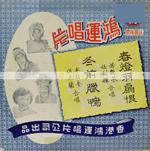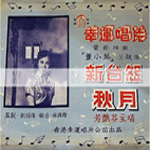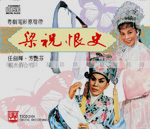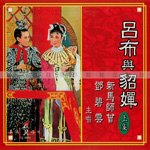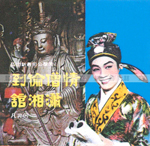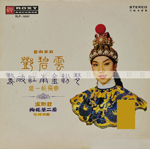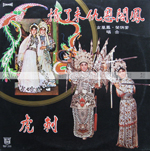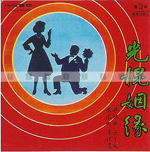Since the early twentieth century, Hong Kong has always been an important venue for Cantonese opera development. After 1949, as a result of political turmoil in the Mainland, performers and troupes converged and resettled in the territory, leading to a tremendous prospering of Cantonese opera in the subsequent decade. This development is linked intimately with the rise of the electronic media.
Performers and troupes began to grasp the possibilities offered by film and radio to re-examine age-old performance practices with regard to acting, singing, script writing, instrumentation, and stage set-up. They brought in novel elements from the theatre and movie world, and participated in the production of films and records. With these acts, they are extending the movement to modernize Cantonese opera that began in the 1930s.
Wong Jum-sum was thoroughly immersed in the world of Cantonese opera from young. Through his close encounter with master performers like Hung Sin-nui, Ma Si-tsang, Yam Kim-fai, Pak Suet-sin and Tong Dik-sang, he witnessed first hand the modernization of Cantonese opera, and was mightily moved by the adventure and passion he saw.
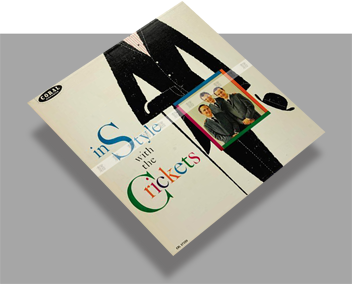

Composers and Lyricists:
Jerry Allison,
Sonny Curtis
Vocalists: The Crickets
Deborah, oh oh you’re so fine
There's only one girl in my dreams
Wonder of my mind
Truly dear I do love you
Deborah, don't make me blue
Other on the whole life through
Deborah, I dream of you
Deborah, oh oh you’re so fine
There's only one girl in my dreams
Wonder of my mind
I adore you, can you see
Deborah, I want to be
By your side for night and day
Deborah, don't go away
Deborah, oh oh you’re so fine
There's only one girl in my dream
Wonder of my mind
Wonder of my mind
